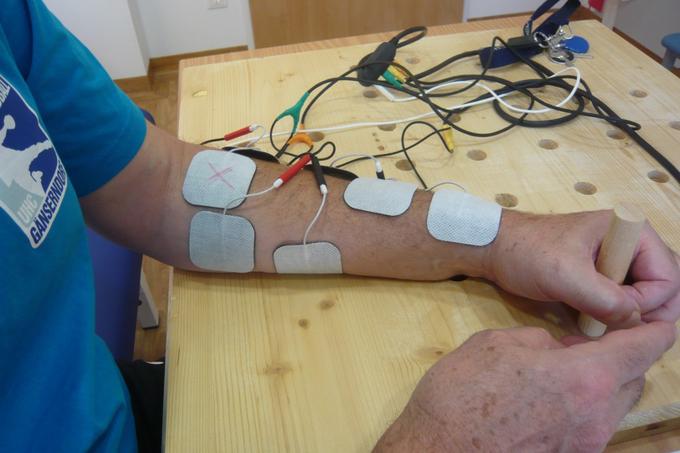Polyneuropathy
Polyneuropathy is a disease of the nerves that supply the muscles and the skin. Cause is usually diabetes, but also alcohol. If the nerves are damaged and there is poor circulation, they no longer report stimuli to the brain. At the beggining those affected claim tingling, swelling, paralysis, numbness, or burning pain in the feet. Symptoms occur in the feet less frequently than the hands, but can also affect other parts of the body. Later, there is severe pain and even extreme cold or heat can not be felt.
In the Pirawarth Clinic polyneuropathy is discovered both as the main diagnosis, but often as an additional finding in another underlying disease.
If polyneuropathy is suspected, an initial examination will be carried to ascertain which pre-existing conditions, type of sensory disturbances, motor dysfunction, and pain are present. Blood values from the laboratory provide a first overview. In the subsequent neurological examination attention will be paid to how strong the muscles are and how far the guests are responsive to touch and vibration. Special processes for the measurement of the nerves are available.
In neurological rehabilitation it is attempted to compensate for losses in the movement and muscle strength through supported physiotherapy and sports therapy. This leads to an improvement in movement, the gait and safety.
Often a supplementary occupational therapy is also used. Training makes particular sense with disorders of the fine motor skills in the hands and enables a better sense of feeling.
